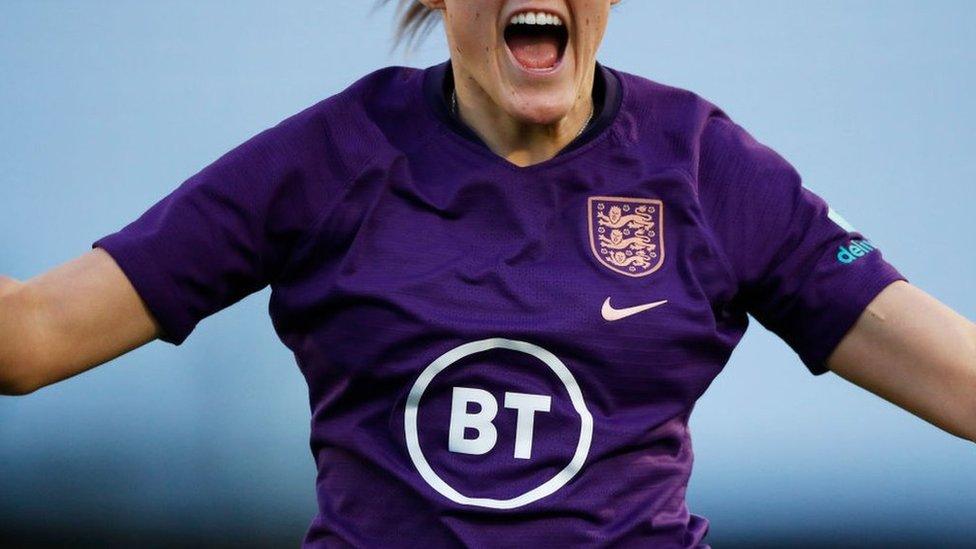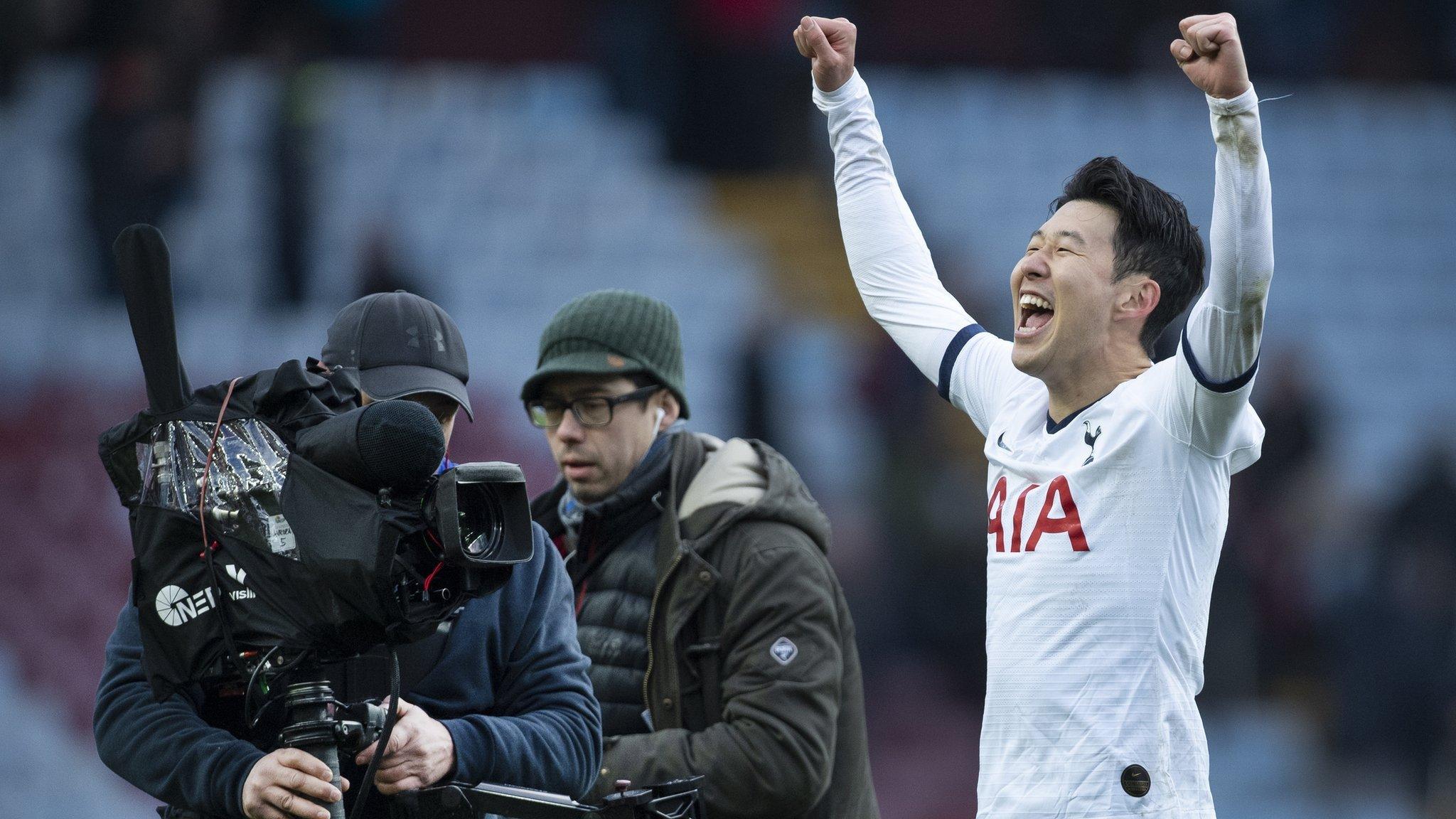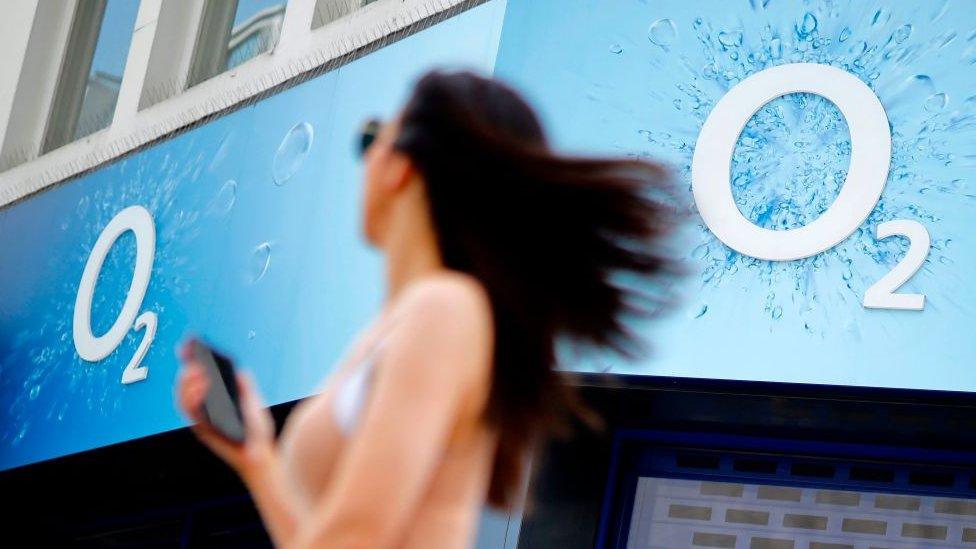BT confirms talks over the future of its sports business
- Published
- comments

BT has confirmed it is in talks with several companies about the future of its sports broadcasting arm.
The group says it is exploring "ways to generate investment, strengthen our sports business" to "help take it to the next stage in its growth".
BT said early talks were being held "with a number of select strategic partners".
It is not clear if this means selling a stake in BT Sport or a full sale of the division, which was launched in 2013.
BT added that the discussions were confidential and "may or may not lead to an outcome".
The Daily Telegraph reported, external on Wednesday that Amazon, Disney and Dazn were in talks with BT, but that an unnamed British broadcaster might also be in the running to buy the sports business.
The telecoms giant did not confirm which firms are involved.
Amazon and Dazn declined to comment, while Disney did not immediately respond to the BBC's request.
Talks have emerged as the Premier League has held discussions with broadcasters, including BT, Sky and Amazon, about scrapping its next domestic media rights auction.
The government is now considering whether to approve a rollover of the current £4.7bn deal, which was secured in 2018.
That sale represented a 10% drop in value and some clubs are concerned there could be another fall if the usual open-market auction begins as planned next month for the three-year cycle between 2022 and 2025.
Broadband push
Jerry Dellis, an analyst with stockbrokers Jefferies, said BT Sport costs the company about £800m a year, mainly due to football rights, including £400m for the Champions League.
He said that since its launch, BT Sport has struggled to define how it adds value to the business.
"BT Sport was initially pivotal to stabilising the consumer retail business... Sky was overwhelmingly the favourite destination for consumer lines migrating away from BT.
"BT consumer retail line loss more than halved as soon as BT Sport launched, and dropped to zero when the Champions League was added in 2015."
However, Mr Dellis suggested, that may no longer be needed as other BT products improve.
The company has revamped its customer service, introducing face-to-face support in stores, and is focusing on replacing copper telephone wires with fibre-optic broadband lines across Britain.

BT's Openreach subsidiary lays down and maintains the cables for "full-fibre" internet connections, as well as as operating the associated telephone exchanges. It then sells use of these services to individual internet service providers, who sell access to the public.
The business recently confirmed plans to build fibre-to-the-premises connections to 20 million homes and offices by the mid-to late-2020s.
It currently reaches 4.6 million homes.
BT said it would "build like fury" after the UK's telecoms regulator Ofcom decided not to impose price caps on full-fibre connections provided by Openreach.
Last May, BT announced it would scrap its dividend payment to shareholders until 2022, when it will be reduced by 50% from 2019 levels, to free up cash for investing in broadband projects after the pandemic.
Related topics
- Attribution
- Published28 April 2021

- Published14 April 2021
